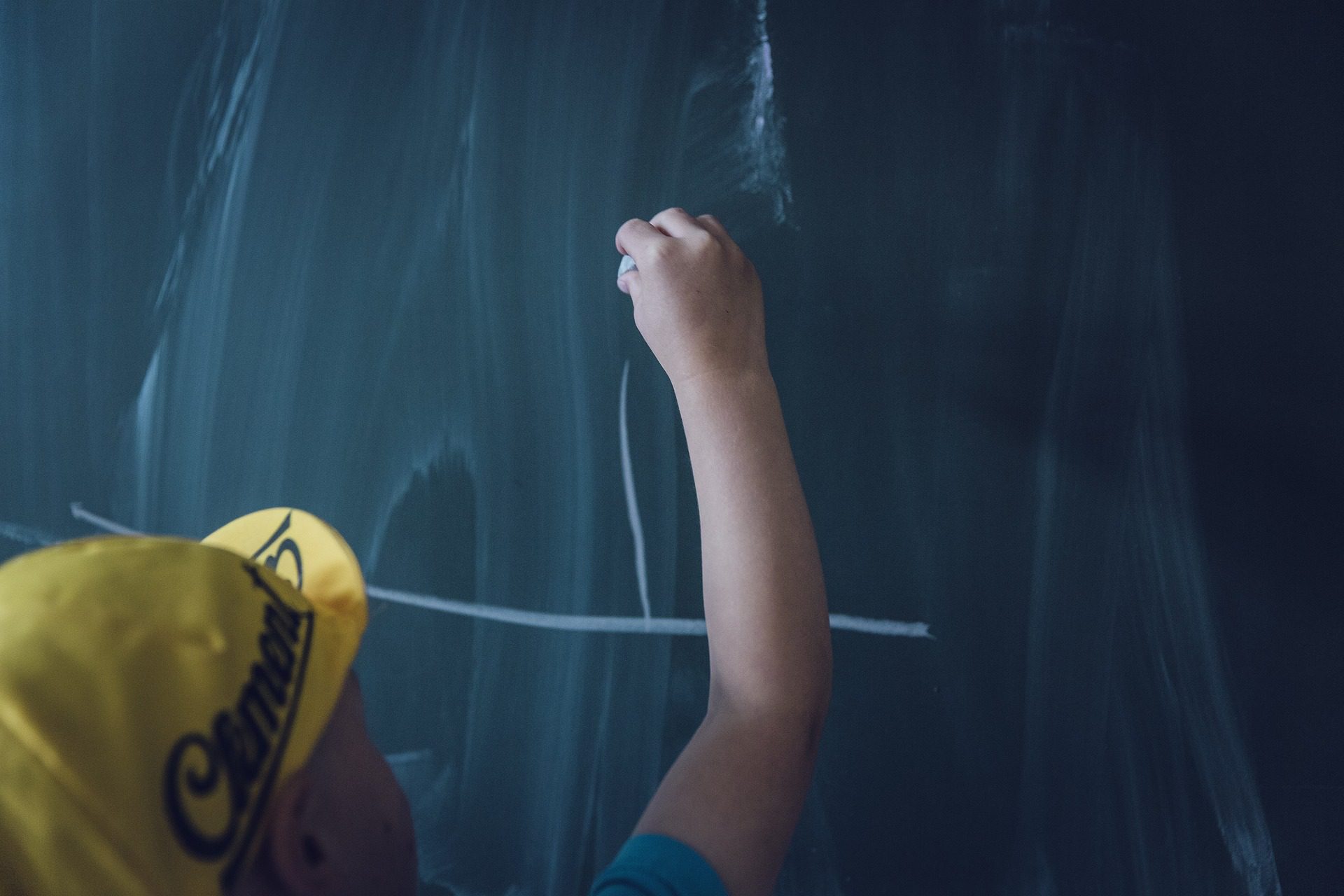
Faced with the drastic underperformance of French schoolchildren, the minister of national education, Pap Ndiaye, plans a reform that reintroduces daily dictation in primary classes in order to improve grammar and spelling.
In a circular published at the beginning of January, Pap Ndiaye announced the return of daily dictation in CM1 and CM2—the last two classes of the French primary cycle. The circular says that at least two hours a day should be devoted to reading and writing in these classes. The ministry has even set quantitative targets: a pupil in CM2 must be able to read and understand a text at a rate of 120 words per minute, which, at present, only 56% of pupils are able to do.
He also advocates less photocopying in class and more writing by pupils. Others before him have noted the negative effects of using handouts. In the spring of 2022, law professor Aude Denizot, from the University of Le Mans, in her essay “Pourquoi nos étudiants ne savent-ils plus écrire” (Why Don’t Our Students Know How to Write Anymore), criticised the excessive use of photocopies in class. She believes this is responsible for the deterioration in the writing skills of children and students: “A pupil who copies his grammar exercise in full writes 50 words, whereas a pupil who fills in a gap on a photocopy only writes 12.”
Pap Ndiaye’s announcement caused quite a stir because dictation has a very particular place in the French imagination. Dictation reveals the importance of spelling, a specificity of the French language that is also reflected in the vocabulary used: in the French idiom, one does not make a spelling “error,” but a “fault,” bringing something of a moral obligation to mastering the French language.
For decades, dictation was considered the exercise par excellence for teaching children rigour and a taste for work well done. The particular emphasis placed on spelling in the education of pupils is generally traced back to the July Monarchy in 1833. It then became the primary selection tool. Until the 1960s, the dictation test in the teachers’ competition eliminated candidates who made more than three mistakes.
The spelling performance of pupils in CM2, i.e., on the threshold of secondary school, is constantly plummeting. A survey on spelling has been carried out four times since 1987 with the same dictation for CM2 pupils. The average number of errors has risen steadily, from 10.7 errors in 1897 to 19.4 in 2021, according to the ministry of education’s statistics department. In addition, the level of students with severe difficulties is increasing. In 2015, 20% of pupils made more than 25 mistakes. In 1987, the figure was only 5%. This development is worrying, because it shows that teachers are now the first to be affected by the lack of language skills. “We are going to have adults who will teach while having difficulties themselves,” explained Michel Fayol, a specialist in spelling, to Le Figaro.
In the ranks of the left-wing trade unions, discontent is being heard. For them, dictation belongs to the past and to the mythical reactionary school of the Third Republic, which they want to get rid of at all costs. For several decades they have put all their energy into replacing it. They are all the more surprised by this move from a minister who had forged a solid reputation as a progressive leader within weeks of his appointment. His about-face on dictation is thus rather unexpected.
Pap Ndiaye’s call at the national assembly for the return of dictation, the daily practice of writing, and mental arithmetic has a recent precedent. Others have tried it before him, like his predecessor Jean-Michel Blanquer. In December 2017, Jean-Michel Blanquer announced the return of daily dictation in primary school and emphasised the central role of grammar, vocabulary, and spelling. In reaction, the unions strongly protested against what they called an “infantilization of teachers.” Unionised teachers did not want to have a particular way of teaching imposed on them.
But, while unions clamour about “lack of resources” or “working conditions,” the core of the teacher’s job, the transmission of knowledge, has been neglected. The injunctions from above were never implemented, and the deleterious and ideological learning methods continue to take their toll in primary schools. Under these conditions, it is not certain that Pap Ndiaye will obtain better results.
